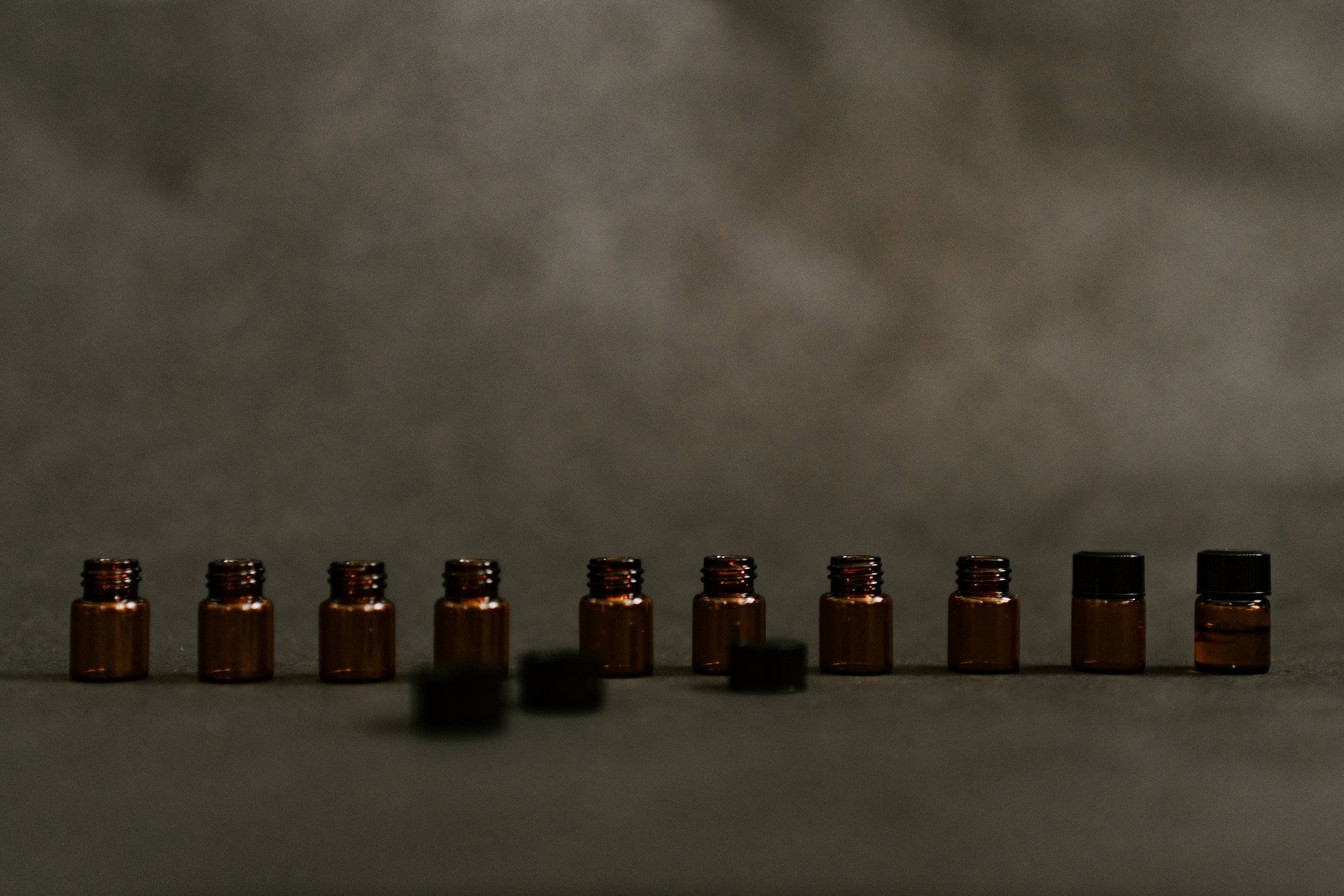What to Look for When Buying CBD

Confused about how to know what CBD products are good or bad? Here’s what you should always look for when buying a CBD product.
2020 seems like the right year to try CBD if you haven’t already (Back in March at the start of the US recognition of the pandemic people started messaging me realizing they were pickling themselves in cocktails and needed an alternative form of stress relief). Over the past few years of writing about CBD, and with the release of our book “CBD Drinks for Health” with Simon and Schuster in January, we’ve tried A LOT of CBD. Dozens and dozens of products. Most of them are garbage. Either garbage with deceptively good branding or garbage with terrible branding. To be honest, it’s been a long time since I’ve been impressed by a CBD brand that was most importantly, effective, and also provided rigorous testing and sourcing of their hemp.
Even after writing about CBD for a few years now–with the novelty faded–I still stand by my statement that CBD oil has done more for me than any wellness practice or supplement I’ve taken to improve my mood, sleep, anxiety and stress levels. As a dietitian and wellness advocate through articles I’ve written or interviews I’ve done in the past, it’s clear I’m a skeptic. I need science, data, and personal experiences and I’ll be damned if I trust any wellness practice that’s becoming trendy without doing a research dive into it first. And with that, it says a lot about CBD that I continue to recommend it, use it, write about it (in book stores no less).
The most frequent questions I continue to get about CBD oil are ‘How do I know what to buy?’, followed by ‘What CBD do you use?’. In simple terms, there are three things you should look for when deciding if a CBD product is worth it.
What to look for when buying CBD:
3rd party testing data:
You should never, ever trust a supplement at face value for what it contains. Products in this category (supplements: although current FDA regulations state CBD cannot be marketed as a supplement or a food additive, most people consider it within the supplement category as the FDA has failed to provide regulations and framework usage despite promises to do so) are widely unregulated and even within common products like vitamins and mineral based products, you can easily end up with a product that is poor quality, and doesn’t contain the advertised contents. A company should always make their third party testing data available to you either on their website or via request. If they won’t show you: don’t buy it.
Testing accomplishes several things:
-verifying it actually contains CBD (it’s expensive so you better be getting actual CBD)
-verify the amount as well as amount of THC (whether you’re intentionally buying product with or without THC)
-verify there are no dangerous add-ins
-my new standard: testing for heavy metals, pesticides, other things beyond CBD content
Testing for heavy metals and pesticides is especially important now. In 2020, a lawsuit against a CBD company that aggressively marketed themselves as heavy metal and pesticide free, was found through testing data to be far above standard limits for these values.
Hemp sourcing and quality:
Currently, the US is behind in hemp production to meet demand since it was illegal to grow until 2018. A lot of hemp, especially for fiber purposes, is imported from China which has long standing rigorous hemp production. Your CBD oil or capsule product should be USA grown hemp to ensure compliance with pesticide and other chemical treatments (more on this in the testing section). You should also look for hemp that is certified organic, or if you’re buying from a smaller brand, a farm that uses organic practices but may not have paid for organic certification (it’s expensive). This is important because hemp is a bioaccumulator plant and to create CBD oil/capsules etc, it means you’re using a lot of plants to create a small amount of product. That’s a massive amount of either good or bad stuff on a plant, intensified and consumed by you.
Part two is the product uses the whole plant, not CBD isolate added back into a bottle with maybe one or two other compounds. This isn’t to knock CBD isolate as a product per say (it has it’s use), but using the whole hemp plant provides a wide variety of compound benefits due to what’s called the ‘entourage effect’. That means the hundreds of compounds like terpenes, canabinoids, etc beyond just CBD work together to amplify the effects of the others.
It wasn’t until earlier this year I learned that it’s common for many brands who do not grow or source their own hemp, to buy CBD isolate from brokers (opting for the lowest price from whatever lab is least expensive during that time) and mixing it to create their own branded product. This is a problem because, as I mentioned, it eliminates the other plant compound benefits, but also many times companies do not update their lab testing data on their website to reflect the new batch of CBD isolate procured and added to the product. So even if there is data, it might not be data for the actual bottle you have. Not only that, but the quality and effectiveness can vary from bottle to bottle.
Does it work for you???
Obviously this is impossible to know before buying and trying, but some products work better than others for a variety of reasons. There is nothing wrong with deciding not to repurchase a product if you find that even after adjusting your dosage and giving it time it just doesn’t give you the desired effects.
Through trial and error, you will eventually find a product that works exactly right for you.
Dietitian Nutritionist and cookbook author sharing flavor-forward recipes and simplified science-driven wellness.





